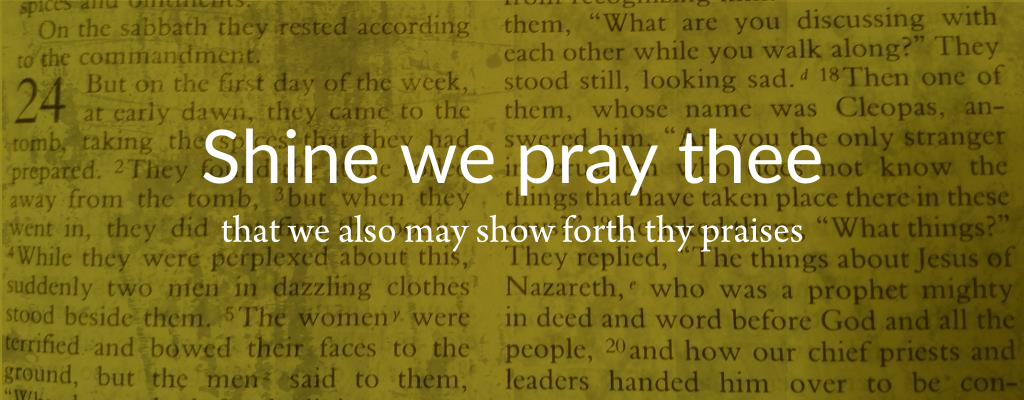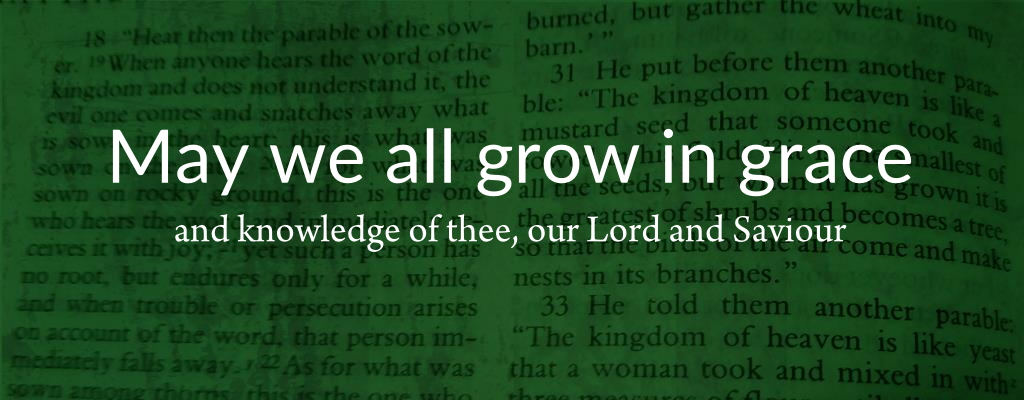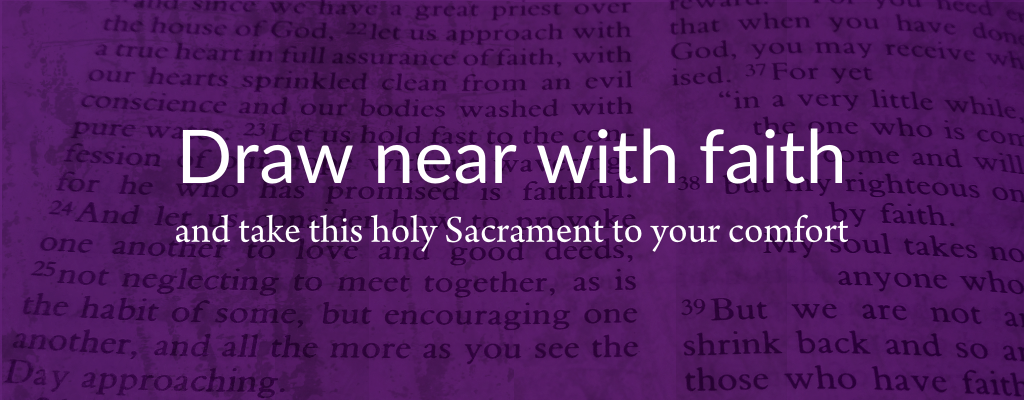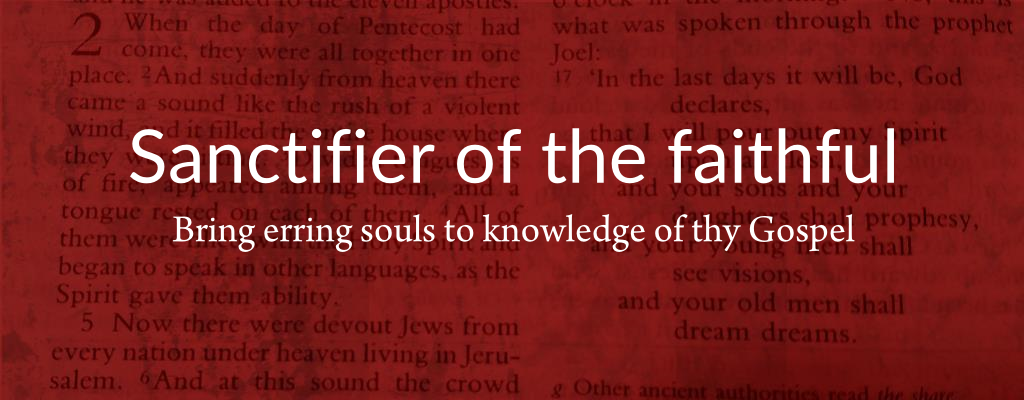News and Articles from the Prayer Book Society
-
Lost from most prayer books today is the Decalogue or the recital of the Ten Commandments. It has played various roles in the history of the BCP over the years. For some is it a reminder of moral conduct for all Christians to follow. Some have seen it as an invitation to repentance in that all of us have in one way or another failed to live up to them. Its origins may have been in the ancient Sarum Rite upon which the BCP is based. In that ancient rite there was provision for an Old Testament lection preceding the Sunday Epistle and Gospel. Over the generations it seems that the lection was reduced solely to the reading of the Ten Commandments from Exodus 20.
For some reciting the Decalogue went out of favour. Some suggested it smacked of legalism; a kind of a modern day Phariseesism . Others felt it gave occasion for spiritual pride. Others wanted an interpretation that better reflected a Christian understanding of the Law. For St. Paul “the whole law is fulfilled in the word ‘Love your neighbor as yourself.’”
Maybe it was for this reason that Archbishop William Laud first included the Summary of the Law in the 1637 Scottish Book of Common Prayer that he prepared for King Charles I. This was the version of the Prayer Book adopted by the Protestant Episcopal Church when Samuel Seabury who was consecrated in Scotland the first bishop to the newly formed United States of America in 1784. The Summary of the Law became part of Canadian practice with the 1962 Prayer Book.
Rather than legalism, the Summary reflects a condition of the heart and will. Anglican liturgy continually makes reference to the condition of one’s heart. Certainly it is the righteous condition of one’s heart that is pleasing to God. We are called to have an obedient heart, a humble and penitent heart, a pure heart, a clean heart, a thankful heart, hearts of zeal, and not to be hard hearted or faint hearted.
The words spoken by Jesus hearken back to one of the oldest prayers of Judaism; the “Shema Israel.” It is recited by religious Jews twice a day, both morning and evening. “Hear O Israel, the Lord our God is one Lord; and thou shalt love the Lord thy God with all thy heart, and with all thy soul, and with all thy mind, and with all thy strength.” (Deuteronomy 6: 4-5)
This was Jesus’ reply when challenged by the Pharisees. Then he added the verse from Leviticus 19:18. “And a second is like it: “Thou shalt love thy neighbour as thyself;” with the comment, “On these two commandments hang all the Law and the Prophets.”
Like those Jews that recite the Shema Israel every day, the Summary of the Law also reminds each one of us of who God is and what He expects of us.





Leave a Comment